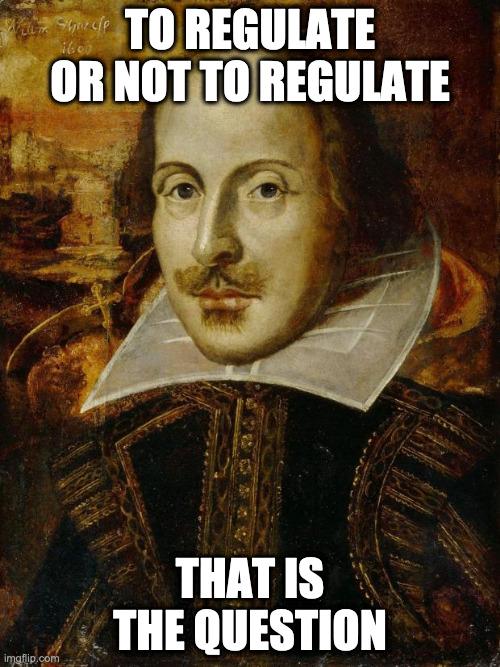Slides below. Video to come…



The “cloud” has come to mean the storing and accessing of data (including programs) over the internet rather than on on our device (computer, phone or otherwise). The official definition of the U.S. National Institute of Standards and Technology is: “Cloud computing is a model for enabling convenient, on-demand network access to a shared pool of […] Read More

Welcome everyone to a year of change in Canadian Communications Law. For decades it seems, significant change was predicted – and most of the predictions tended towards less regulation not more. As Mark Twain apparently once said ” Prediction is difficult – particularly when it involves the future.” So, we find ourselves in a different communications law future than most envisaged – one of more not less regulation as the internet will no longer be exempt from regulation in Canada. And that is just where we begin this semester’s explorations…
Jon
Happy end of exams everyone!
My paper examined the possibility of introducing regulation to protect free speech on Twitter. One issue I came across in my research which I thought was quite interesting was Twitter’s policy of labelling certain accounts as “state-affiliated media.” I wanted to share a brief opinion piece on the subject: https://readpassage.com/twitter-should-label-cbc-bbc-and-others-as-state-affiliated/
As the writer points out, Twitter has not yet applied this label to any Western media sources. In fact, it seems built into Twitter’s policy that it does not intend to do so: Twitter has stated that state funded media that still has “editorial independence, like the BBC in the UK and NPR in the US” will be exempt from the label.
In theory, I would agree with the author of the piece that the “state-affiliated media” label could be beneficial in providing some extra context for Twitter users who are unfamiliar with a news outlet. Yet in practice, it seems that Twitter’s reluctance to apply the label to Western media outlets might, as the author argues, give the impression that Western media outlets “have no connection with their governments.”
A potential issue here is that Twitter will, in effect, create an unequal playing field for news sources that come out of countries that are allied with the West and news that comes from non-allied countries. In spite of concerns about misinformation or state propaganda, we should also grapple with the implications Twitter’s practice will have on domestic perceptions of US foreign policy objectives. Where the US government has interests in other countries, coverage of issues arising from those areas could be unduly biased in favour of the American viewpoint if Twitter has free reign to label foreign accounts.
One other issue is the scope of the policy. Twitter is focusing on state-funded media, but what about corporate-funded media? Amidst criticism of Elon Musk taking over Twitter, some have pointed out billionaires are a common feature of the media landscape, such as Jeff Bezos owning the Washington Post, or Mike Bloomberg owning Bloomberg news. If Twitter is ultimately concerned about editorial control over content, it seems odd that their policy avoids dealing with corporate interests.